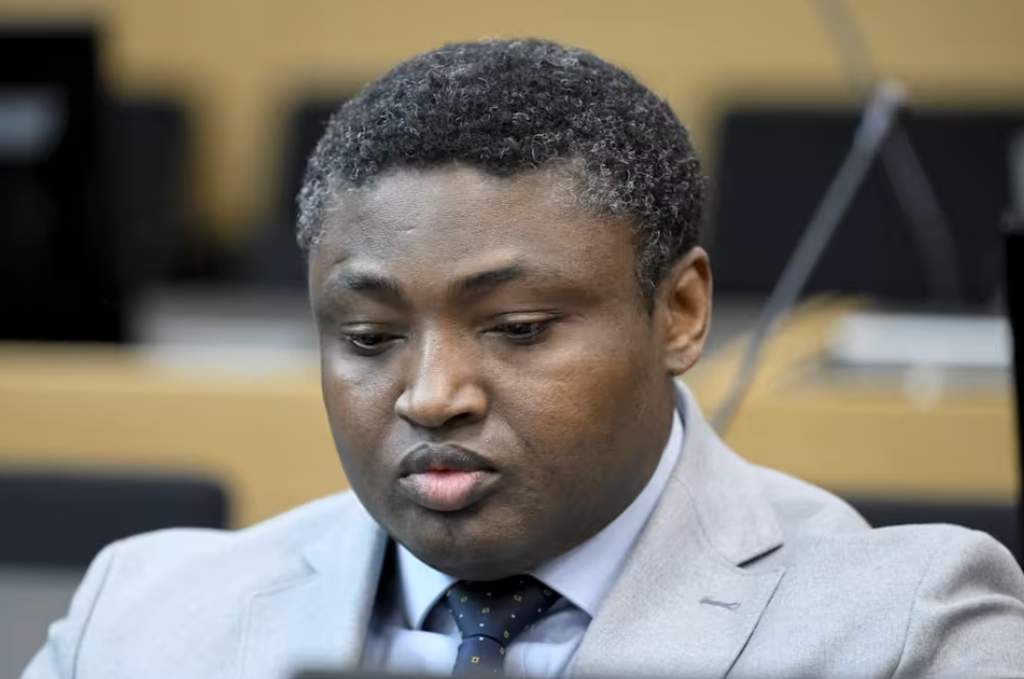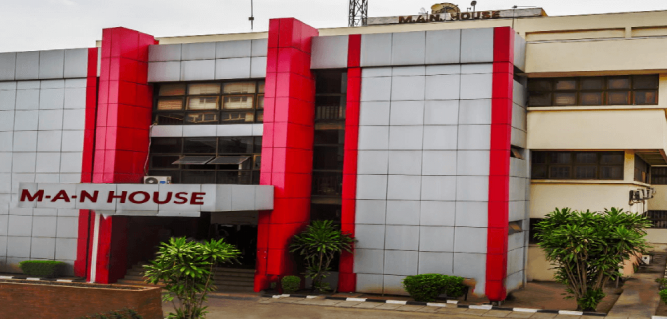.Tech ends era of voter impersonation, says INEC
A HEATED debate broke out on the floor of the House of Representatives yesterday over whether the Independent National Electoral Commission (INEC) has the legal authority to monitor the internal activities of political parties, including congresses and National Executive Committee (NEC) meetings.
This was as the INEC Chairman, Prof Joash Amupitan, declared that the deployment of the Bimodal Voter Accreditation System (BVAS) has effectively solved the protracted challenge of identity theft in Nigeria’s elections.
The commotion began when Peter Uzokwe, raising a matter of personal explanation, urged the Speaker, Abbas Tajudeen, to draw the House’s attention to provisions of the Electoral Act which, he argued, do not explicitly empower INEC to oversee political party conventions.
As he attempted to read Section 82(1) of the Act to support his point, the Speaker interjected, reminding him that the House was already in the process of amending the Electoral Act and that a dedicated session to review all clauses—alongside the Senate—was scheduled for the following week.
“My appeal is that we suspend discussions on electoral matters until the amendment proposals are tabled,” the Speaker said, noting that the upcoming session would address all “defective” areas of the law.
But Uzokwe of the opposition Young Peoples Party (YPP) from Anambra State insisted that the issue concerned “an existing law,” not an amendment, warning that misinterpretations of INEC’s powers were creating wrong impressions outside the National Assembly.
As he pressed on, Felix Nwaeke (PDP, Rivers) raised a point of order, arguing that the matter was controversial and could not be entertained under Order 8, Rule 6, which only allows non-controversial personal explanations.
The Speaker countered that it was within his prerogative to determine what qualifies as controversial but reiterated his earlier appeal for patience until the amendment process unfolds.
The session grew more chaotic when Kabiru Mai-Palace argued that Uzokwe’s motion was not a personal matter and should not have been entertained under that rule. The Speaker responded that some issues straddle personal and official concerns, and that limited indulgence “is sometimes” necessary.
Jesse Okey-Joe Onuakalusi (LP, Lagos) also weighed in, citing Section 4 of the Constitution to argue that the House had the responsibility to hear out a member raising a matter of law. “We are the makers and protectors of the law,” he insisted.
Despite mounting interventions, Tajudeen maintained that discussion on the issue should be deferred until the Deputy Speaker, Benjamin Kalu presents the consolidated Electoral Act amendment proposals.
Repeated calls for “order” echoed through the chamber as the Speaker, who endured the rowdy session for over 15 minutes, moved to restore calm and return the House to its scheduled business—the presentation of 28 bills.
WHILE speaking at the 2025 Digital Nigeria International Conference and Exhibitions in Abuja, yesterday, organised by the National Information Technology Development Agency (NITDA), Amupitan noted that the BVAS sign-posted a milestone in the nation’s democratic history, having become a ‘foolproof mechanism’ for verification.
In his keynote, the INEC chairman, represented by National Commissioner, Mrs May Agbamuche-Mbu, stated: “The BVAS has become our frontline defence against identity fraud, ensuring that only the rightful, eligible voter can be accredited at the polling unit. With the biometric safeguards now in place, voter impersonation has been effectively eliminated from our electoral system.”
Standing before a diverse audience of tech innovators, policy makers and civil society actors, Amupitan backed his assertion with BVAS data from the recently concluded Anambra governorship election.
According to the INEC boss, the 6,879 BVAS devices configured and deployed for the Anambra polls recorded a highly commendable performance, adding that over 99 per cent of polling unit results were uploaded to the INEC Result Viewing (IReV) portal on Election Day itself.
“These outcomes confirm that the deployment of BVAS and IReV is no longer experimental but an entrenched part of Nigeria’s electoral architecture. The figure announced at the polling units is the same figure visible to the public. Technology has safeguarded the vote,” the 2004 University of Iowa Fulbright visiting scholar told the gathering.






